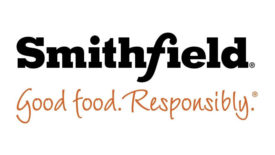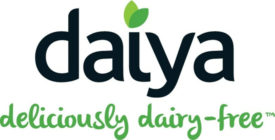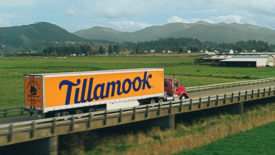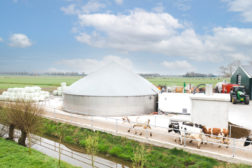Home » Keywords: » environmental best practices
Items Tagged with 'environmental best practices'
ARTICLES
United Natural Foods' Energy-Focused Initiatives Aimed at Infrastructure Modernization, Cost Savings
UNFI installed its largest solar array investment to date at its Howell, New Jersey distribution center.
April 20, 2023
Elevate your expertise in refrigerated and frozen foods with unparalleled insights and connections.
Get the latest industry updates tailored your way.
JOIN TODAY!Copyright ©2024. All Rights Reserved BNP Media.
Design, CMS, Hosting & Web Development :: ePublishing









